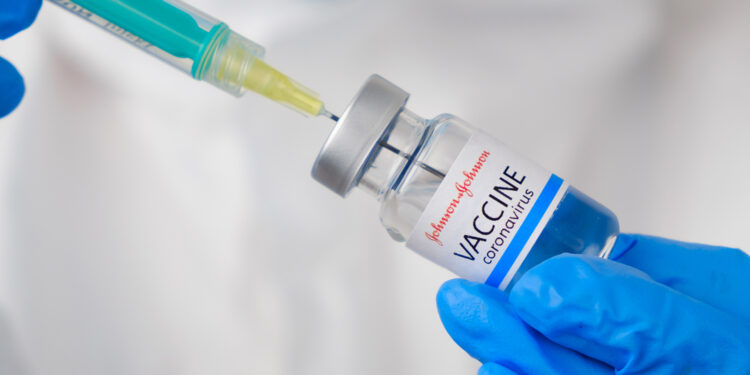By Morgan Taylor, Reporter
The Center for Disease Control (CDC) and the Food and Drug Administration (FDA) announced a recommendation to pause the use of the Johnson & Johnson J&J/Janssen COVID-19 Vaccine in the U.S. on April 13.
According to MCN Department of Health Chief Performance Officer Shoneen Alexander Ross, the MCN Department of Health started administering the J&J Janssen COVID-19 vaccine in Feb. and less than 500 doses were received.
Ross said that the MCN Department of Health did comply with the pause that was announced on April 13.
The vaccine was paused due to reports of a rare and severe type of blood clot that occurred six to 13 days after patients had received the J&J Janssen COVID-19 Vaccine.
“At that particular time we did not know what would happen in terms of the pause,” Ross explains. “We actually started to call our patients and check on the patients.
“We have not had any instances of this particular blood clot or symptoms show up in our patient population.”
According to www.cdc.gov, all reports were among women ages 18-48.
Nearly seven million doses of the vaccine have been administered in the U.S. thus far.
The issue was taken to the Advisory Committee on Immunization Practices (ACIP) to discuss any adverse events regarding the vaccine.
The CDC and FDA officially lifted the pause on April 23 and the MCNDOH has continued to administer the vaccine. CDC claims there is not enough evidence to determine the vaccine is related to or caused this health issue.
“One of the things we have implemented for patients who would receive the J&J Janssen Vaccine is asking if they are aware of these adverse events,” Ross said. “We are especially concerned about those women under the age of 50 so we have made it a practice to have those conversations before we administer any vaccines.”
Vaccine receivers who have surpassed the three-week mark of the date of the vaccine are at a low risk for developing a blood clot. Other symptoms should be monitored including heading, fainting, seizure, abdominal pain, chest pain, stomach pain, leg pain or swelling, and shortness of breath.
“If someone is experiencing these symptoms, they should seek care right away,” Ross said. “Especially if they have had the J&J Vaccine within the last few weeks.”
MCNDOH has three options of COVID-19 Vaccines. Citizens should visit with their healthcare provider to see which best suits individual health needs as blood clots can be serious.





